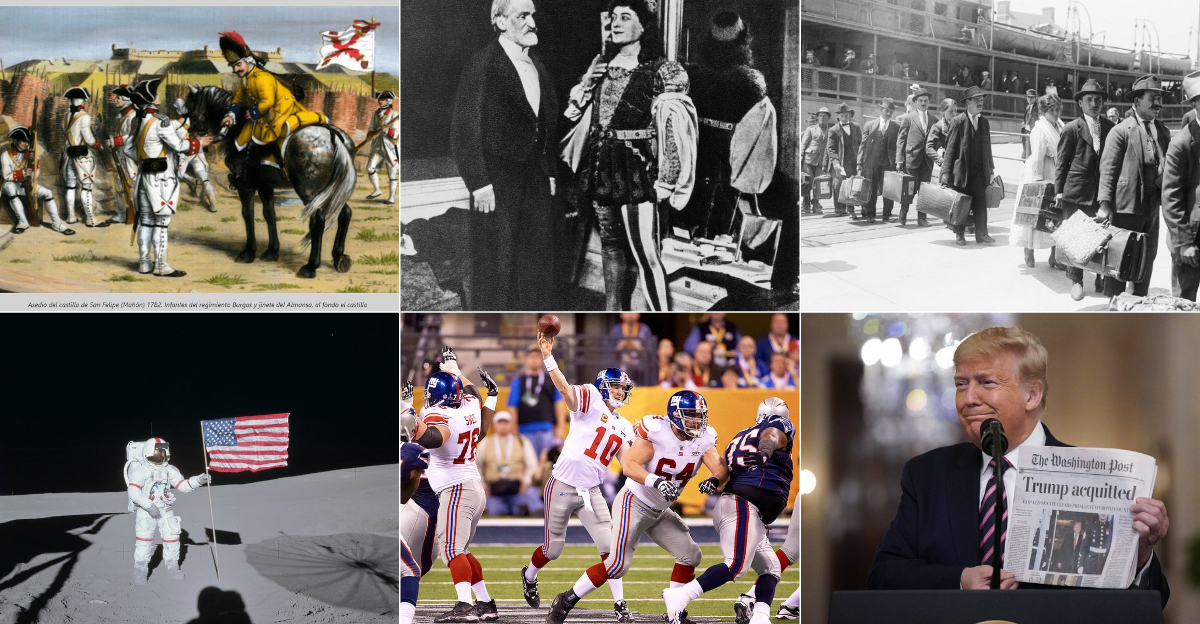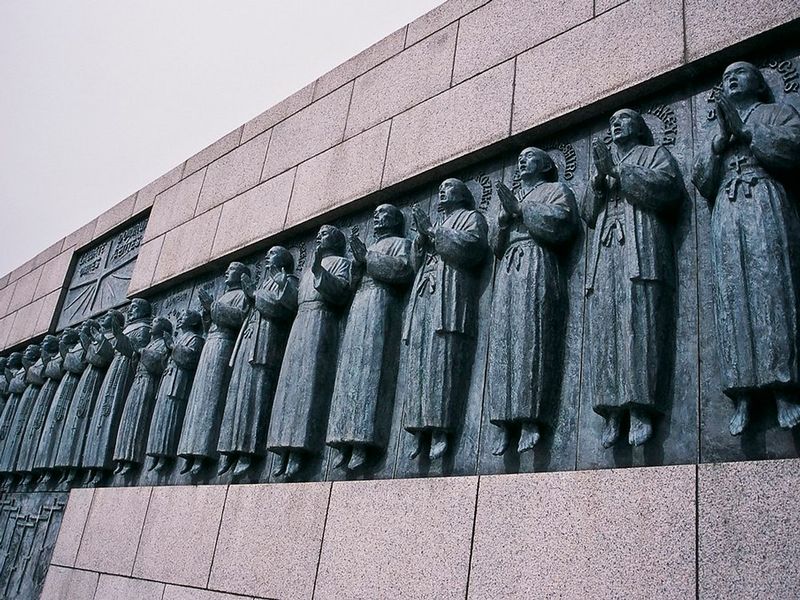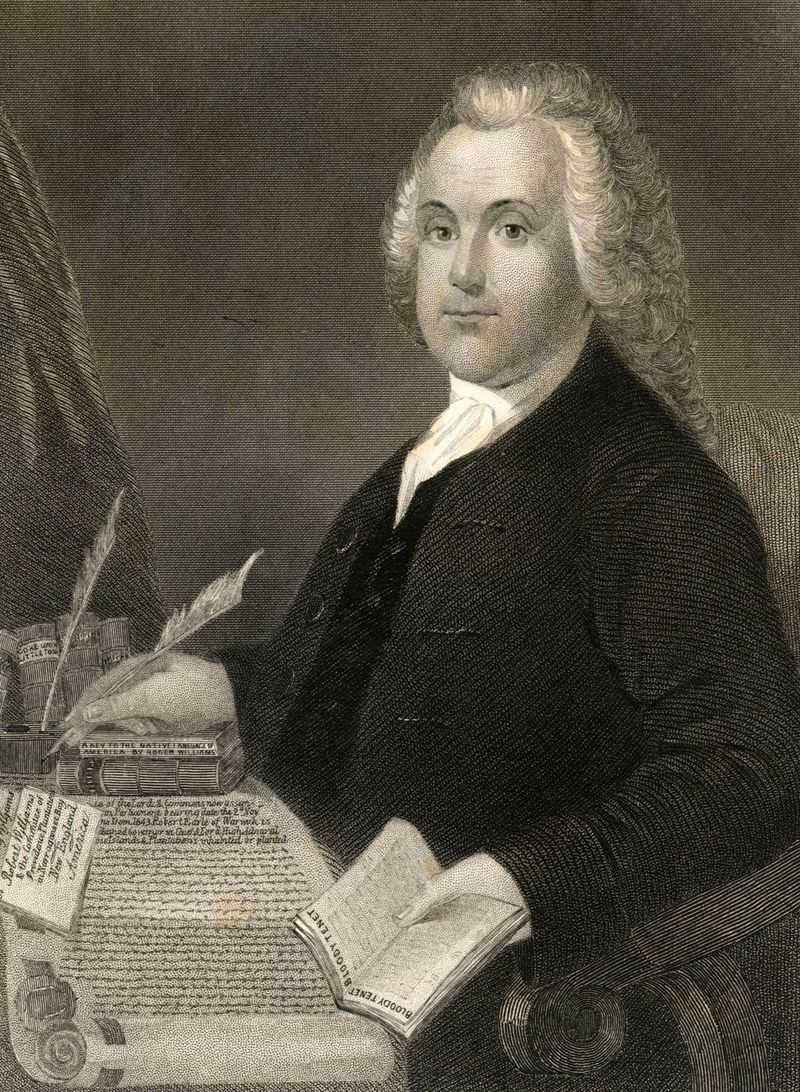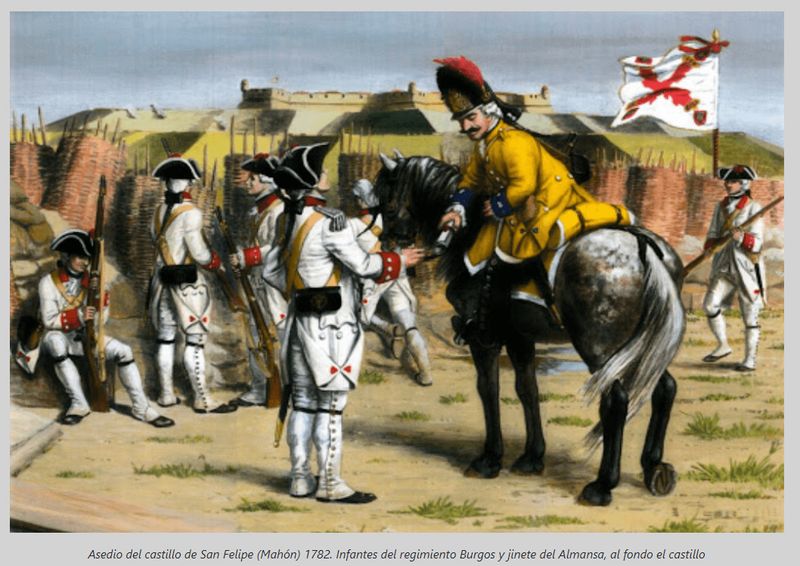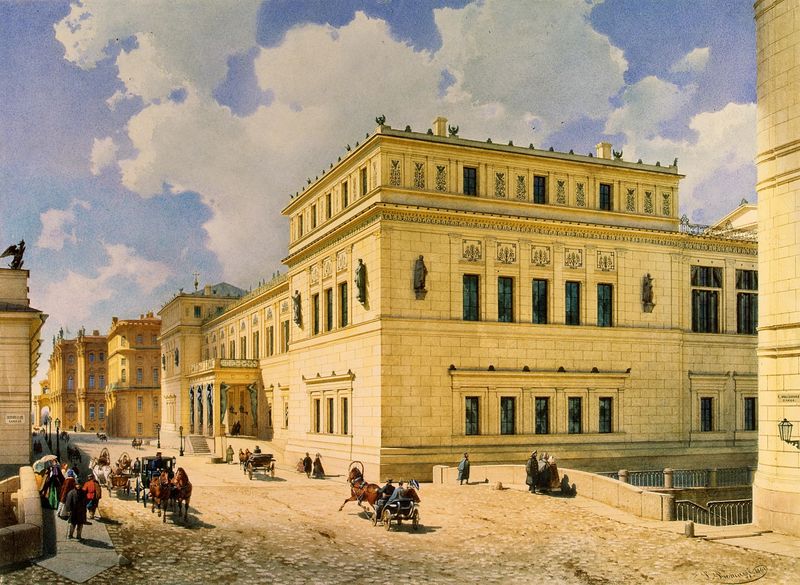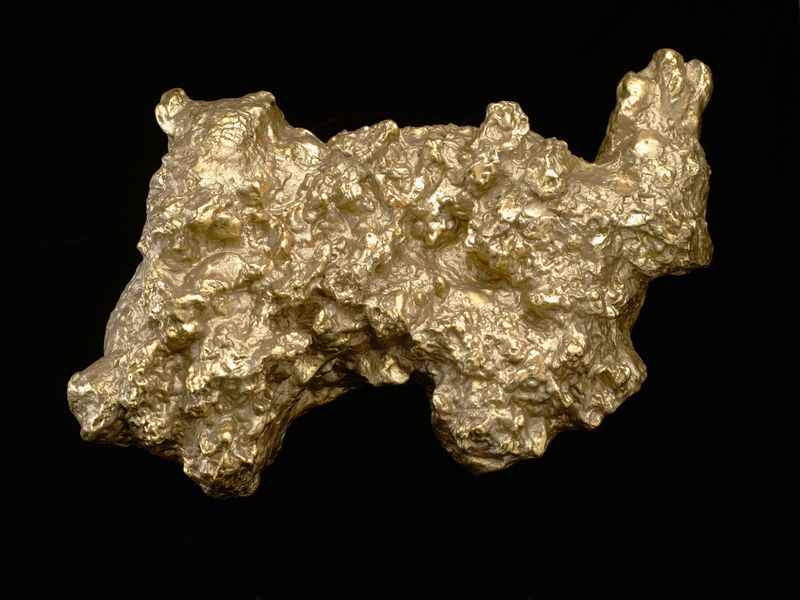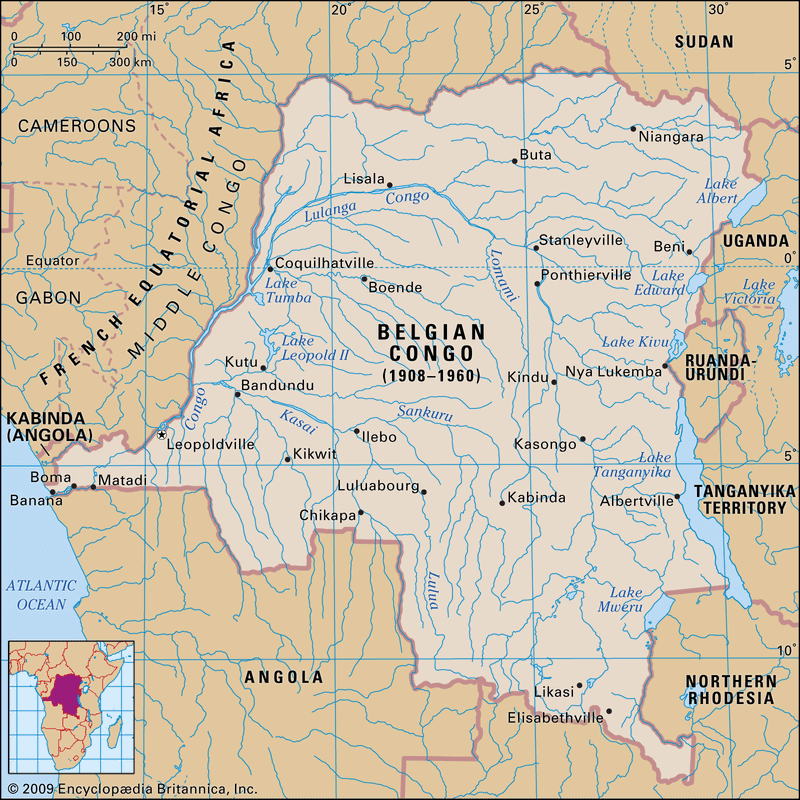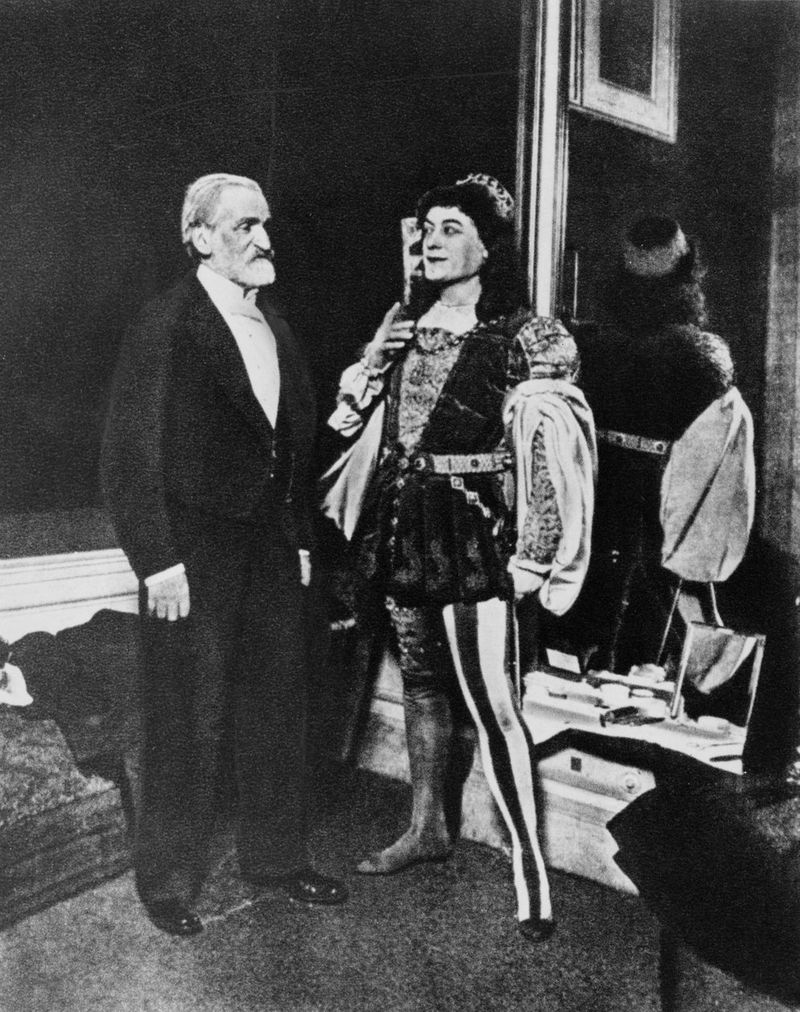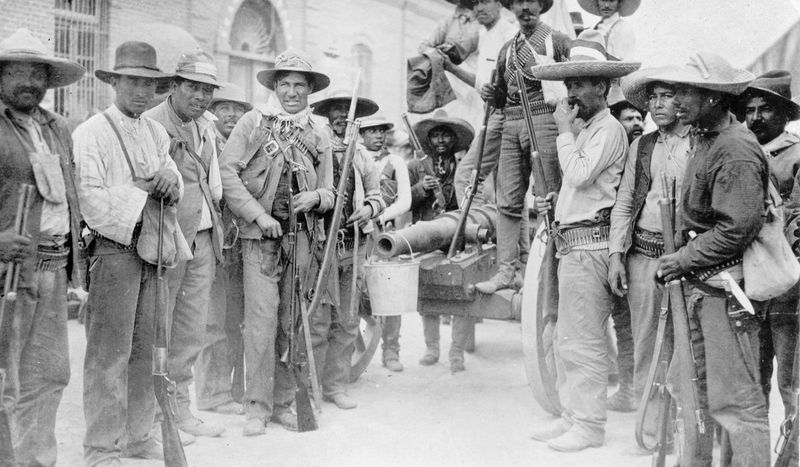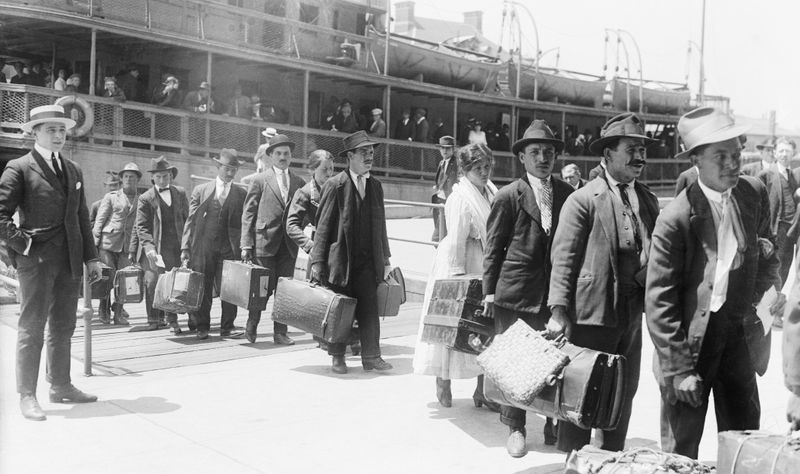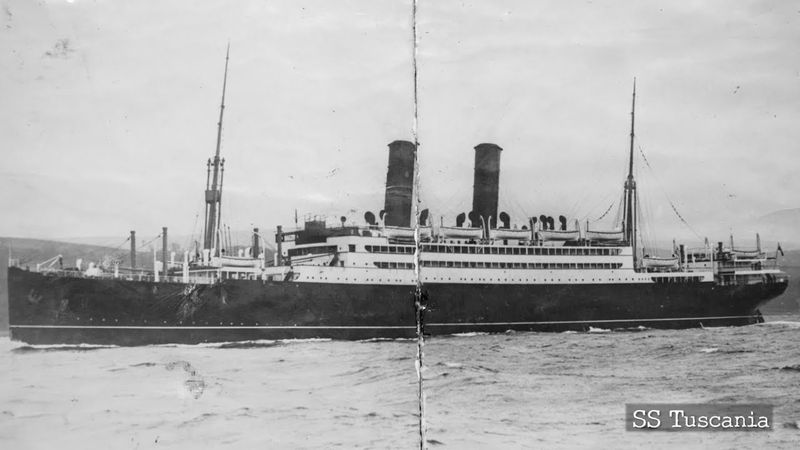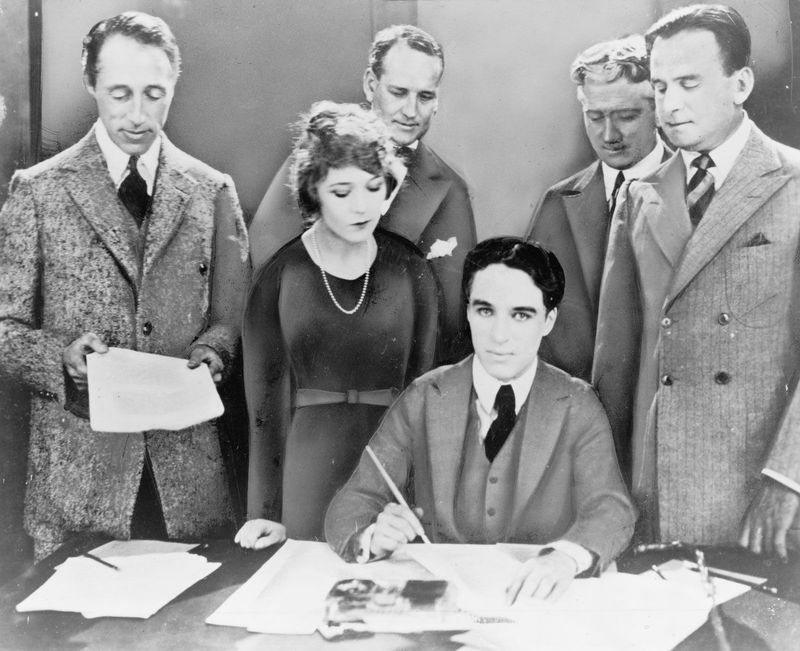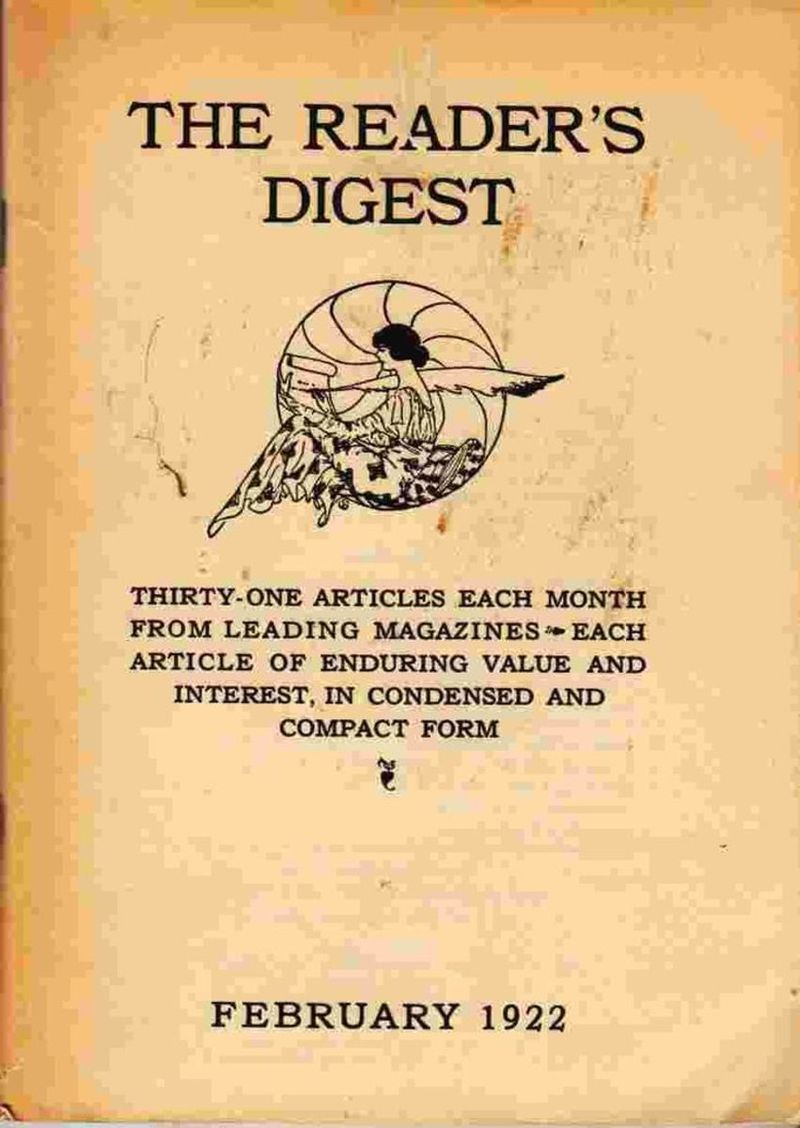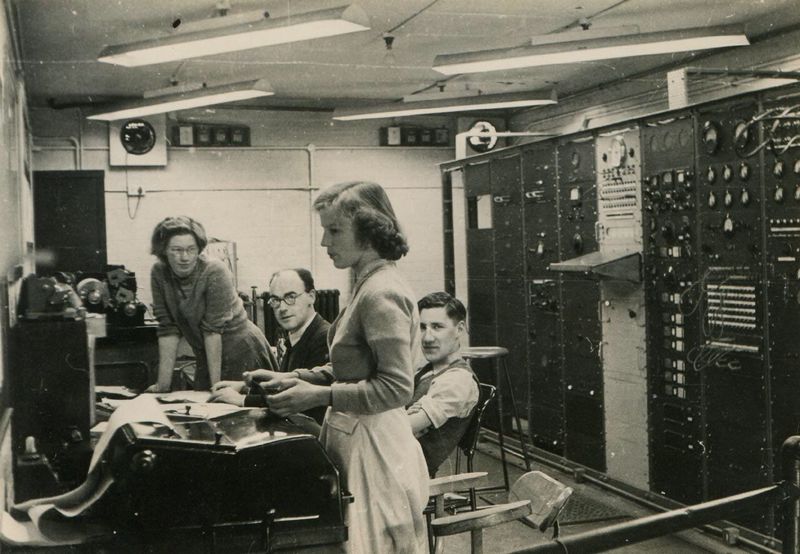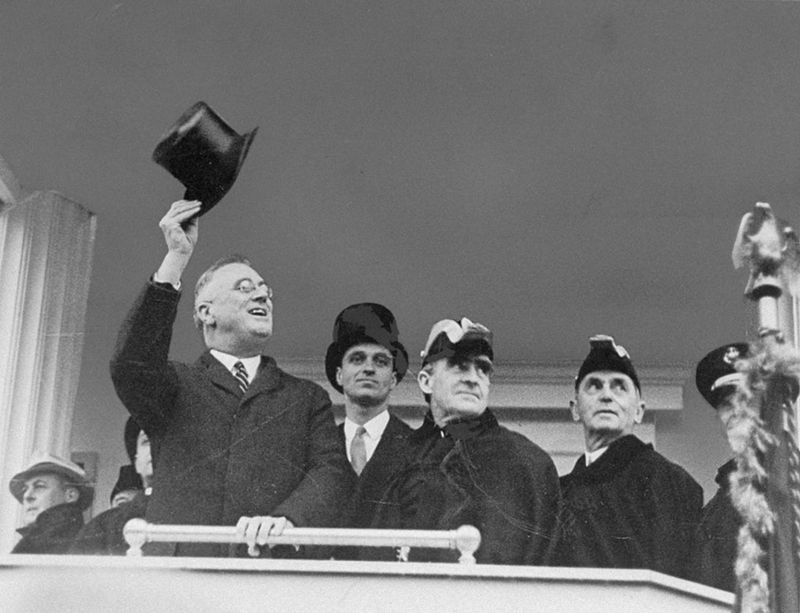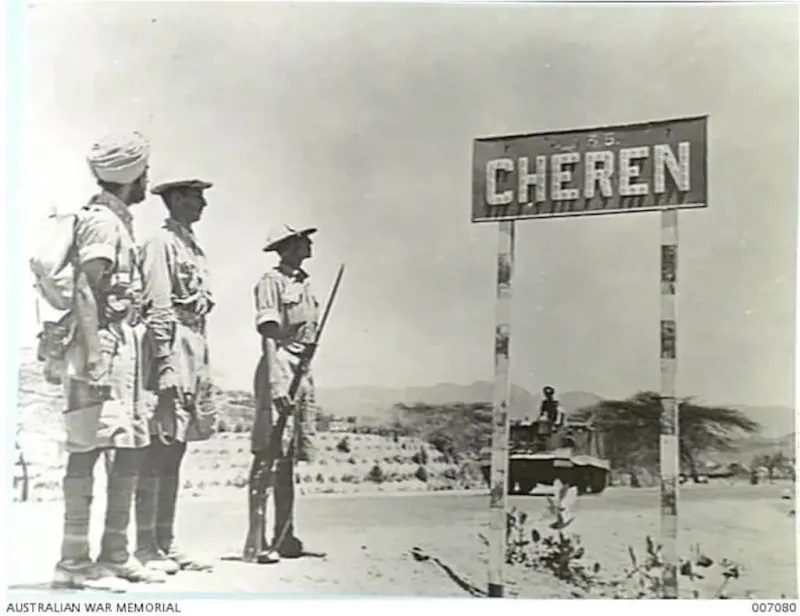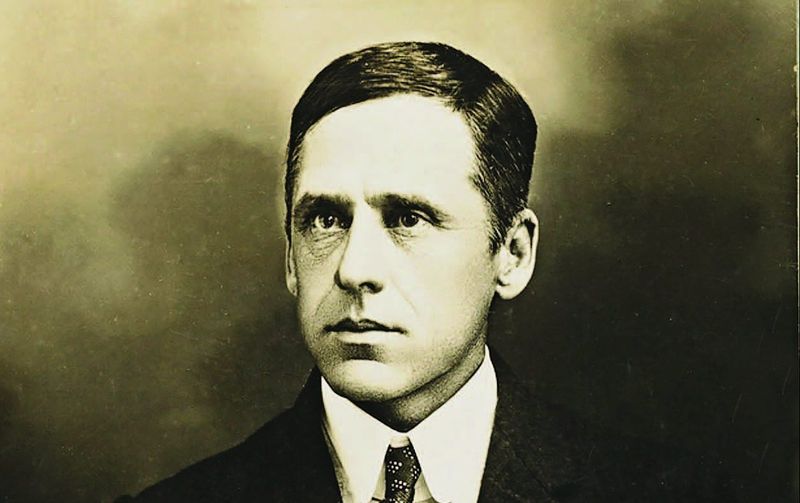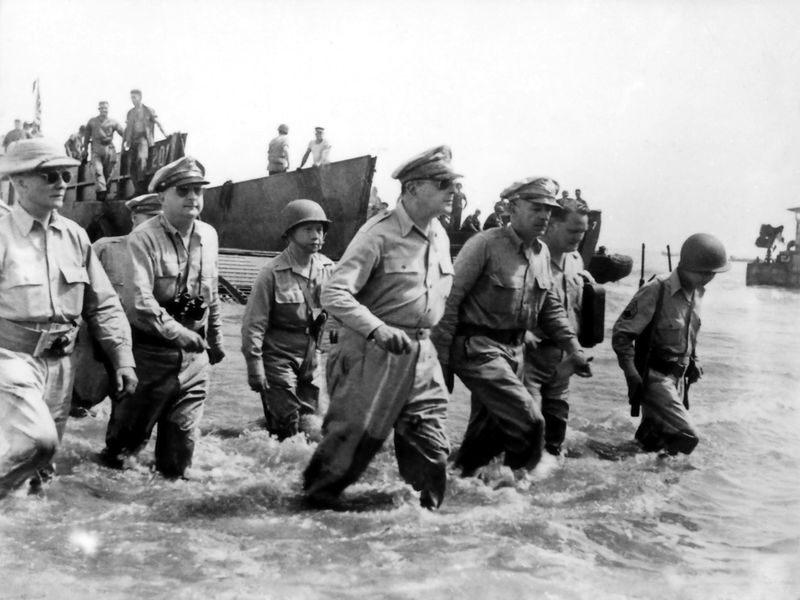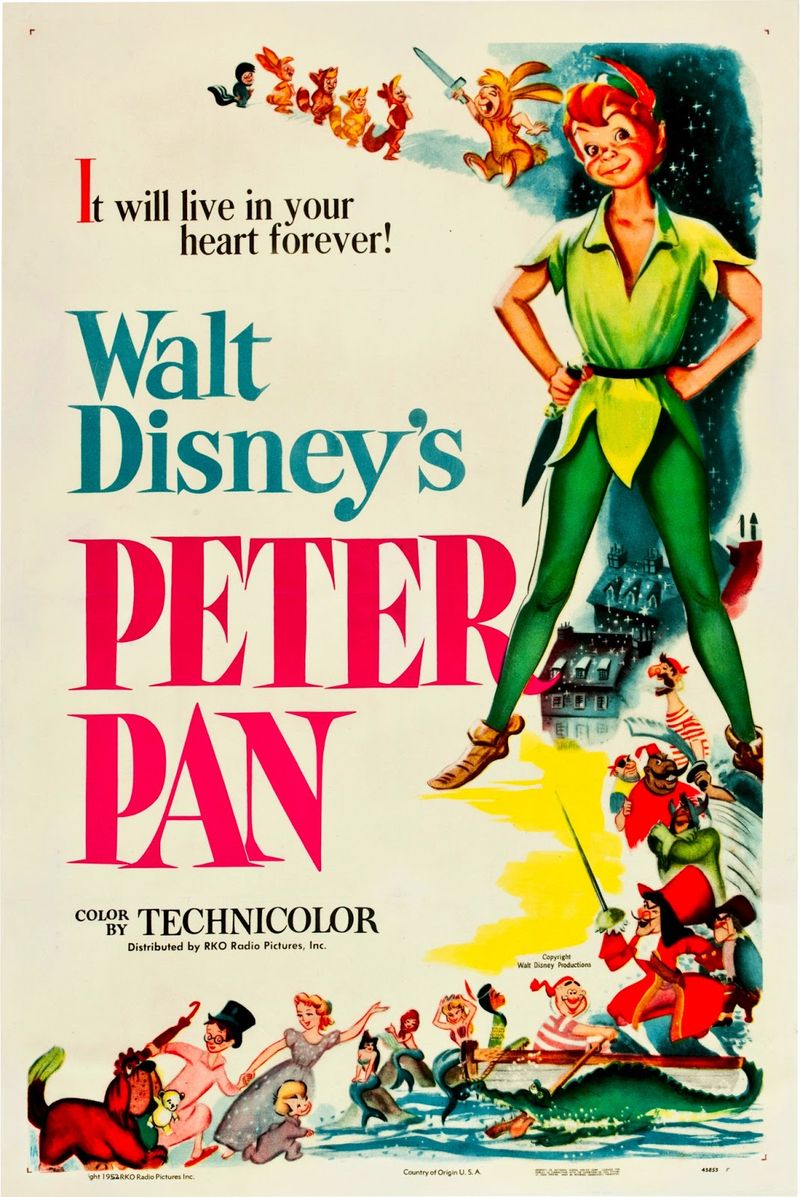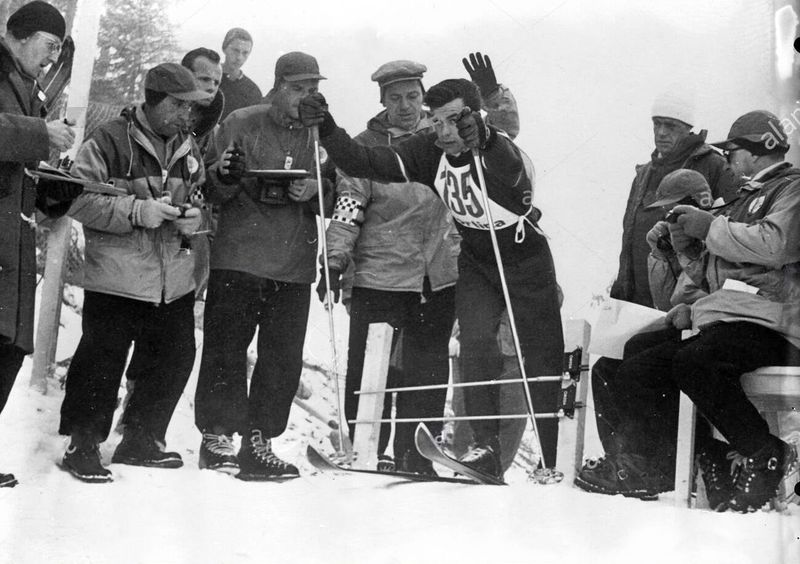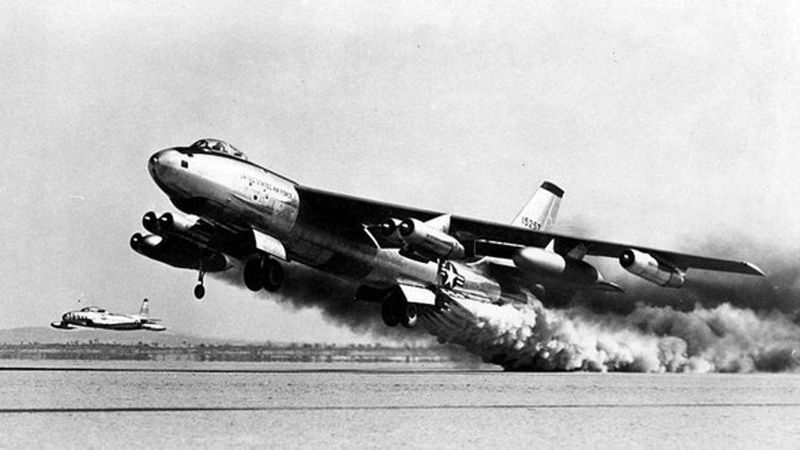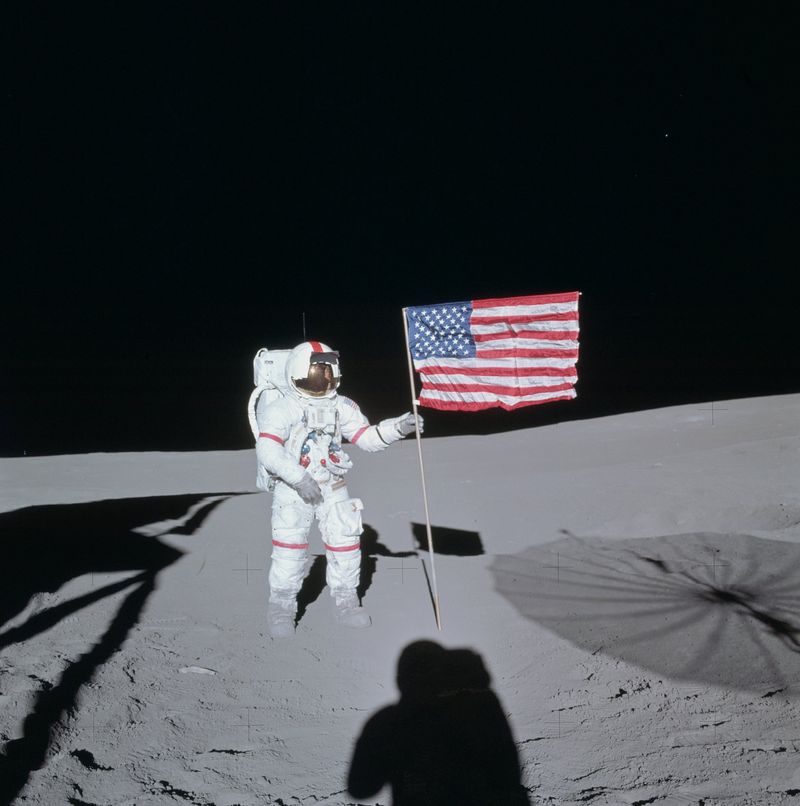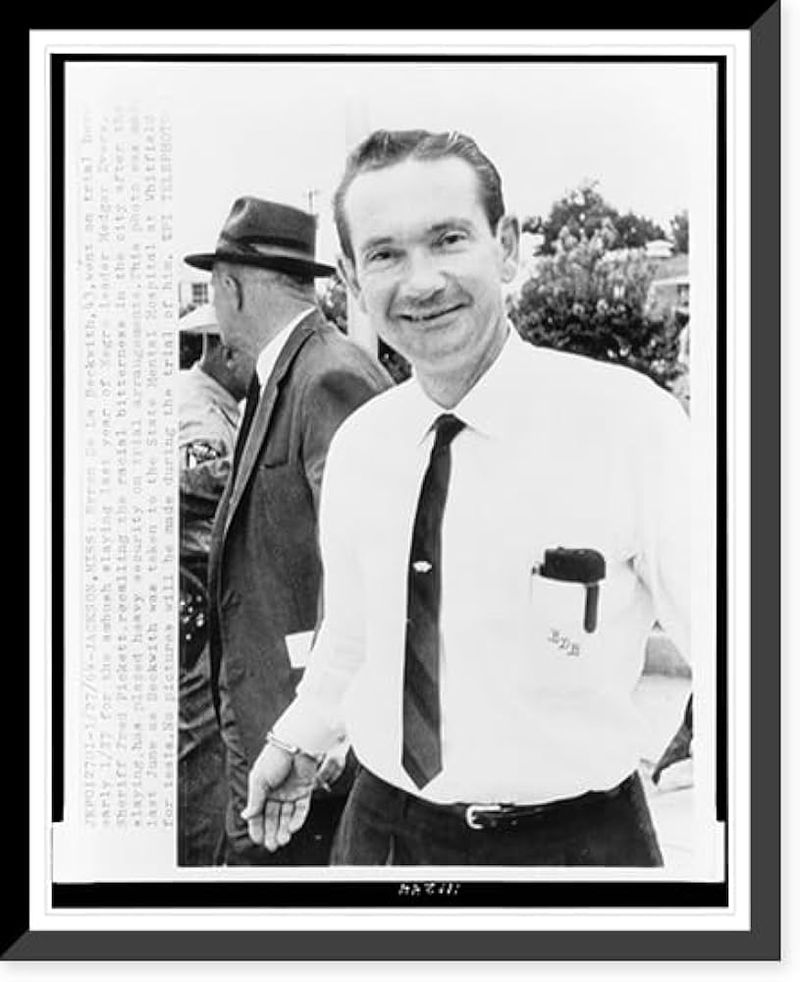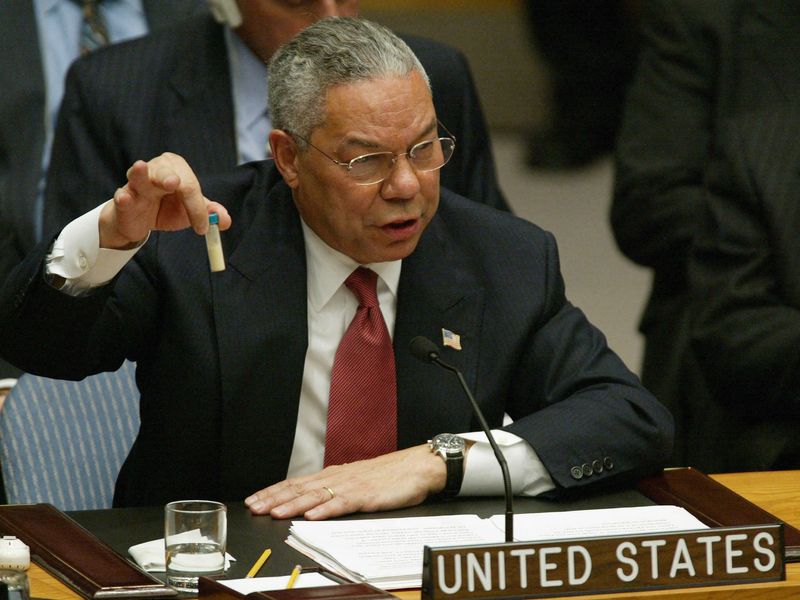February 5th has been a day of remarkable events throughout history. From groundbreaking discoveries to significant cultural shifts, many pivotal moments have occurred on this date.
Join us as we explore 30 of these historic events, each offering a unique glimpse into the past and the world we live in today.
1. 1597: 26 Martyrs of Japan Executed
In 1597, on February 5th, twenty-six Christians were executed in Nagasaki, Japan. Known as the 26 Martyrs of Japan, these individuals were crucified for their faith during a period of intense persecution against Christians.
The martyrs included both foreign missionaries and Japanese converts, representing a significant event in the history of Christianity in Asia. Their execution was meant to serve as a deterrent, yet it became a powerful symbol of faith and sacrifice.
Today, these martyrs are remembered for their unwavering commitment to their beliefs, and their legacy continues to inspire countless Christians worldwide.
2. 1631: Roger Williams Lands in Boston
Roger Williams, an influential Puritan minister, arrived in Boston on February 5th, 1631. Known for his strong advocacy for religious freedom and the separation of church and state, Williams’ beliefs were considered radical at the time.
He would later found the colony of Rhode Island, establishing a haven for religious dissenters. His arrival in Boston marked the beginning of a significant chapter in American religious history.
Williams’ ideas about tolerance and individual liberty laid foundational principles that would eventually be enshrined in the United States Constitution. His legacy is remembered as a champion of religious liberty.
3. 1782: Spain Reclaims Minorca
On February 5th, 1782, Spanish forces successfully reclaimed the island of Minorca from British control. This victory was part of Spain’s efforts to regain territories lost during previous conflicts, particularly the Seven Years’ War.
The capture of Minorca was a significant strategic win for Spain, as it enhanced their influence in the Mediterranean region. The event also highlighted the shifting alliances and power dynamics of the time, with European powers vying for dominance.
The reclamation of Minorca remains a notable example of 18th-century military strategy and diplomacy.
4. 1852: Hermitage Museum Opens
The Hermitage Museum in St. Petersburg, Russia, opened its doors to the public on February 5th, 1852. Founded by Catherine the Great, the museum houses an extensive collection of art and cultural artifacts from around the world.
The opening marked a significant moment in cultural history, as the Hermitage became one of the largest and most prestigious museums. Its vast collections include works by renowned artists such as Rembrandt, Leonardo da Vinci, and Michelangelo.
Today, the Hermitage continues to be a cultural landmark, attracting millions of visitors and preserving the artistic heritage for future generations.
5. 1869: “Welcome Stranger” Gold Nugget Found
On February 5th, 1869, the largest alluvial gold nugget ever discovered, known as the “Welcome Stranger,” was found in Victoria, Australia. Weighing over 72 kilograms, the nugget was unearthed by prospectors John Deason and Richard Oates near the town of Moliagul.
This remarkable find sparked a renewed interest in gold mining and contributed to the Australian Gold Rush.
The “Welcome Stranger” was eventually melted down and sold, but its discovery remains a testament to the rich natural resources of Australia and the adventurous spirit of the 19th-century prospectors who sought fortune and adventure in the goldfields.
6. 1885: Congo Free State Established
The Congo Free State was officially established on February 5th, 1885. Under the personal rule of King Leopold II of Belgium, the Congo became a significant colonial enterprise.
The establishment marked the beginning of a dark period characterized by exploitation and human rights abuses. The indigenous population suffered greatly under the oppressive regime, with forced labor and brutal punishments being commonplace.
Reports of these atrocities eventually led to international condemnation and the eventual annexation of the territory by the Belgian government. The history of the Congo Free State serves as a somber reminder of the consequences of unchecked colonial ambition.
7. 1887: Verdi’s Otello Premieres
February 5th, 1887, marked the premiere of Giuseppe Verdi’s opera Otello at La Scala in Milan, Italy. Based on Shakespeare’s play Othello, the opera is considered one of Verdi’s masterpieces.
Otello represents a mature work of the composer, combining powerful music with a compelling dramatic storyline. The premiere was met with widespread acclaim, solidifying Verdi’s reputation as one of the greatest opera composers.
The opera continues to be performed worldwide, beloved for its intricate compositions and exploration of themes such as jealousy, love, and betrayal. Otello remains a significant cultural achievement in the world of opera.
8. 1917: Mexico Adopts Modern Constitution
On February 5th, 1917, Mexico adopted its modern constitution, a pivotal moment in the nation’s history. This new constitution was a response to the Mexican Revolution, aiming to address social, political, and economic issues.
It introduced significant reforms, including land redistribution, labor rights, and the separation of church and state. The constitution also recognized the rights of indigenous peoples, marking a progressive step forward.
Despite challenges and amendments over the years, the 1917 constitution laid the foundation for modern Mexican society and governance. It remains a cornerstone of Mexico’s legal framework, reflecting the country’s commitment to social justice and democracy.
9. 1917: US Passes Immigration Act
The United States Immigration Act of 1917 was passed on February 5th, marking a significant moment in American immigration policy. Known as the Asiatic Barred Zone Act, it imposed restrictions on immigrants from specific regions, notably Asia.
The act also introduced literacy tests as a requirement for entry, reflecting the nativist sentiments of the time. This legislation aimed to control the flow of immigrants and address national security concerns.
The 1917 Immigration Act had lasting impacts on U.S. immigration patterns and policies. It highlights the complexities of immigration debates and remains a pivotal chapter in America’s immigration history.
10. 1918: SS Tuscania Torpedoed
The SS Tuscania, a British troopship, was torpedoed by a German U-boat on February 5th, 1918, off the coast of Scotland. Carrying American troops to Europe during World War I, the sinking resulted in the loss of over 200 lives.
Rescue efforts were quickly mobilized, saving many soldiers from the icy waters. The attack on the Tuscania underscored the dangers faced by ships during wartime, highlighting the strategic use of submarines.
The event was used to bolster Allied resolve and demonstrated the perils of transatlantic crossings during the war. Today, the tragedy is remembered for its historical significance.
11. 1919: United Artists Founded
United Artists, a film studio and distribution company, was founded on February 5th, 1919, by prominent figures including Charlie Chaplin, Mary Pickford, Douglas Fairbanks, and D.W. Griffith.
This new venture aimed to give artists greater control over their work and distribution. United Artists represented a revolutionary shift in the film industry, empowering filmmakers and challenging the traditional studio system.
The company’s establishment paved the way for innovation and creativity in cinema. Over the years, United Artists has produced numerous iconic films, contributing significantly to the evolution of the movie industry and maintaining a legacy of artistic independence.
12. 1922: Reader’s Digest Debuts
Reader’s Digest, a popular general-interest magazine, published its first issue on February 5th, 1922. Founded by DeWitt Wallace and Lila Bell Wallace, the magazine aimed to offer concise, informative articles on a wide range of topics.
Its format quickly gained popularity, resonating with readers seeking easily digestible content. Over the decades, Reader’s Digest has become a household name, known for its engaging stories and practical advice.
The magazine’s success led to international editions and a loyal readership. Today, Reader’s Digest continues to be an influential publication, adapting to changing media landscapes while maintaining its core mission.
13. 1924: First BBC Time Signal
On February 5th, 1924, the BBC broadcasted its first time signal, known as the “six pips.” These audible markers were designed to provide an accurate time reference to listeners.
The introduction of the time signal was a significant advancement in broadcasting, illustrating the BBC’s commitment to precision and reliability.
The “six pips” became an iconic feature of BBC radio, continuing to serve as a trusted source of timekeeping for decades.
This innovation reflects the evolution of radio technology and highlights the importance of accurate time signals in everyday life. The tradition of the “six pips” endures in modern broadcasting.
14. 1937: FDR’s Court-Packing Plan
In 1937, President Franklin D. Roosevelt proposed a controversial plan to expand the U.S. Supreme Court, known as the court-packing plan.
Announced on February 5th, the initiative aimed to add more justices to the court, allowing FDR to appoint judges sympathetic to his New Deal policies.
The proposal sparked intense debate, as opponents viewed it as an attempt to undermine judicial independence. While the plan ultimately failed, it highlighted tensions between the executive and judicial branches.
FDR’s court-packing plan remains a significant moment in American political history, illustrating the complexities of constitutional interpretation and separation of powers.
15. 1941: Battle of Keren Begins
The Battle of Keren, a crucial engagement during World War II, began on February 5th, 1941, in Eritrea. The battle pitted Italian forces against Allied troops, including British, Indian, and Sudanese soldiers.
Keren’s strategic location made it a vital objective for controlling the region. The battle involved intense fighting in challenging mountainous terrain, with both sides suffering heavy casualties.
After weeks of fierce combat, the Allies eventually emerged victorious, securing a significant foothold in East Africa. The Battle of Keren is remembered for its strategic importance and the bravery displayed by soldiers in one of World War II’s pivotal campaigns.
16. 1941: Banjo Paterson Dies
Banjo Paterson, one of Australia’s most beloved poets, passed away on February 5th, 1941. Known for his evocative and humorous depictions of Australian life, Paterson’s works captured the essence of the country’s rural landscapes and characters.
His famous ballad, “Waltzing Matilda,” became an enduring symbol of Australian identity. Paterson’s contributions to literature extended beyond poetry, as he also worked as a journalist and war correspondent.
His legacy continues to influence Australian culture, with his writings celebrated for their vivid imagery and national pride. Banjo Paterson remains an iconic figure, remembered for his lasting impact on Australia’s literary heritage.
17. 1945: MacArthur Enters Manila
On February 5th, 1945, General Douglas MacArthur led Allied forces into Manila, marking a significant step in the liberation of the Philippines during World War II.
The campaign to retake Manila from Japanese control involved intense urban combat, resulting in heavy casualties and widespread destruction.
MacArthur’s entry into the city fulfilled his famous promise to return to the Philippines, symbolizing a turning point in the Pacific theater.
The Battle of Manila highlighted the complexities of urban warfare and underscored the resilience of the Filipino people. Today, the liberation of Manila stands as a key moment in the Allied victory in the Pacific.
18. 1953: Disney’s Peter Pan Released
Walt Disney’s animated film Peter Pan was released on February 5th, 1953, enchanting audiences with its timeless tale of adventure and imagination.
Based on J.M. Barrie’s play, the film follows the journey of Peter Pan, Wendy, and the Darling siblings to Neverland. Disney’s adaptation captured the wonder of childhood and the magic of storytelling, becoming a beloved classic.
The film’s vibrant animation and memorable characters, including Tinker Bell and Captain Hook, continue to inspire new generations. Peter Pan’s release marked a milestone in Disney’s cinematic legacy, celebrating the power of dreams and the spirit of youthful adventure.
19. 1956: Cortina Winter Games Close
The 1956 Winter Olympics in Cortina d’Ampezzo, Italy, concluded on February 5th, marking the end of a memorable sporting event.
These games were notable for being the first Winter Olympics to be televised, bringing the excitement of winter sports to a global audience. Athletes from around the world competed in various disciplines, showcasing their skills and determination.
The closing ceremony celebrated the spirit of international cooperation and athletic excellence.
The Cortina Winter Games left a lasting legacy, influencing the future of winter sports and the way they were broadcast. The event remains a cherished memory in the history of the Olympics.
20. 1958: Tybee Bomb Lost
On February 5th, 1958, a U.S. Air Force B-47 bomber accidentally dropped a Mark 15 nuclear bomb off the coast of Tybee Island, Georgia. The incident occurred during a training mission when the bomber collided with an F-86 fighter jet.
The bomb was jettisoned to safely land the damaged bomber, but despite extensive search efforts, it was never recovered. Known as the “Tybee Bomb,” its loss sparked concerns about nuclear safety and environmental impact.
The incident remains a subject of intrigue and speculation, highlighting the risks associated with nuclear armaments and the importance of stringent safety measures.
21. 1971: Apollo 14 Moon Landing
Apollo 14 successfully landed on the Moon on February 5th, 1971, marking NASA’s third lunar landing mission. Astronauts Alan Shepard and Edgar Mitchell explored the lunar surface, conducting experiments and collecting samples.
The mission faced initial challenges, including docking difficulties, but ultimately achieved its objectives. Shepard famously hit two golf balls on the Moon, capturing public imagination.
Apollo 14 contributed valuable scientific data, enhancing our understanding of the Moon’s geology.
The mission exemplified human ingenuity and the spirit of exploration, reinforcing the significance of space exploration in advancing knowledge and inspiring new generations of scientists and explorers.
22. 1972: Bob Douglas in Hall of Fame
Bob Douglas, known as the “Father of Black Professional Basketball,” was inducted into the Naismith Memorial Basketball Hall of Fame on February 5th, 1972.
As the owner and coach of the New York Renaissance, Douglas played a crucial role in the integration and promotion of African American players in professional basketball. His leadership and vision paved the way for future generations of athletes.
Douglas’s induction into the Hall of Fame recognized his significant contributions to the sport and the breaking of racial barriers. His legacy continues to inspire the basketball community and celebrates the achievements of black athletes.
23. 1988: Noriega Indicted in US
On February 5th, 1988, Manuel Noriega, the military leader of Panama, was indicted in the United States on charges of drug trafficking, racketeering, and money laundering.
The indictment marked a significant moment in U.S.-Panama relations and highlighted Noriega’s controversial regime. The charges were part of a broader effort to combat international drug networks and corruption.
Noriega’s indictment led to his eventual capture and extradition to the United States, where he faced trial and imprisonment.
The case underscored the challenges of international law enforcement and diplomatic relations, setting a precedent for addressing global criminal activities.
24. 1994: Medgar Evers’ Killer Convicted
On February 5th, 1994, Byron De La Beckwith was convicted for the 1963 murder of Medgar Evers, a prominent civil rights activist. The conviction came over 30 years after the crime, highlighting the persistent struggle for justice in civil rights cases.
Evers’ assassination had been a pivotal moment in the civil rights movement, galvanizing efforts to fight racial injustice. The conviction of De La Beckwith was seen as a long-overdue victory for Evers’ family and the civil rights community.
This landmark case reemphasized the importance of perseverance in seeking justice and addressing historical wrongs.
25. 2003: Colin Powell’s UN Speech
On February 5th, 2003, U.S. Secretary of State Colin Powell delivered a crucial speech to the United Nations, presenting evidence of Iraq’s alleged weapons of mass destruction.
The speech played a significant role in garnering support for the Iraq War, though its claims were later disputed. Powell’s presentation was part of the broader U.S. strategy to address security threats and promote international collaboration.
The speech remains a controversial moment in diplomatic history, highlighting the complexities of intelligence interpretation and international relations. It serves as a reminder of the importance of critical evaluation in global decision-making processes.
26. 2006: Steelers Capture Super Bowl XL
On February 5, 2006, the Pittsburgh Steelers clinched victory in Super Bowl XL, defeating the Seattle Seahawks 21-10. The game, held at Ford Field in Detroit, Michigan, saw the Steelers secure their fifth Super Bowl title.
Quarterback Ben Roethlisberger, though struggling, made pivotal plays, while wide receiver Hines Ward earned the MVP title. Running back Jerome Bettis ended his career on a high note, winning in his hometown.
The triumph was celebrated not just in Pittsburgh but across the nation, marking a significant moment in NFL history, showcasing perseverance and team spirit.
27. 2008: Super Tuesday Tornadoes
On February 5th, 2008, a series of devastating tornadoes struck several U.S. states, coinciding with the Super Tuesday presidential primaries. T
he outbreak resulted in significant loss of life and property, with dozens of tornadoes causing widespread damage across the South and Midwest. The disaster emphasized the need for effective emergency preparedness and response strategies.
Communities rallied together in the aftermath, highlighting the strength and resilience of those affected.
The Super Tuesday tornadoes remain a stark reminder of the impact of severe weather events and the importance of advancements in meteorological forecasting and public safety measures.
28. 2012: Giants Win Super Bowl XLVI
The New York Giants triumphed over the New England Patriots in Super Bowl XLVI on February 5th, 2012. Held in Lucas Oil Stadium, Indianapolis, the game concluded with a score of 21-17.
The Giants’ victory was marked by a memorable performance from quarterback Eli Manning, who earned the Super Bowl MVP title. The win was a culmination of a remarkable season, showcasing the team’s resilience and skill.
The Giants’ success was celebrated by fans and etched into NFL history as one of the most exciting Super Bowl finishes. This achievement underscored the dynamic nature of professional football and its cultural significance.
29. 2017: Patriots’ Epic Super Bowl OT
On February 5th, 2017, the New England Patriots clinched an epic Super Bowl victory against the Atlanta Falcons, marking the first overtime win in Super Bowl history.
The game, held at NRG Stadium in Houston, saw the Patriots rally from a 28-3 deficit to win 34-28. Quarterback Tom Brady delivered a legendary performance, earning his fifth Super Bowl title.
The Patriots’ comeback exemplified determination and teamwork, captivating fans worldwide.
This iconic game is remembered as one of the greatest comebacks in sports history, solidifying the Patriots’ legacy and demonstrating the excitement and unpredictability of American football.
30. 2020: Trump Acquitted in First Impeachment
On February 5th, 2020, the U.S. Senate voted to acquit President Donald Trump in his first impeachment trial. Charged with abuse of power and obstruction of Congress, Trump’s acquittal marked the conclusion of a highly contentious political process.
The trial centered around allegations related to Ukraine and sparked intense debate about presidential conduct and accountability.
Although the impeachment did not lead to removal from office, it highlighted deep political divisions and set the stage for ongoing discussions about executive power.
The acquittal remains a significant moment in contemporary American politics, influencing future discourse on governance and constitutional oversight.
